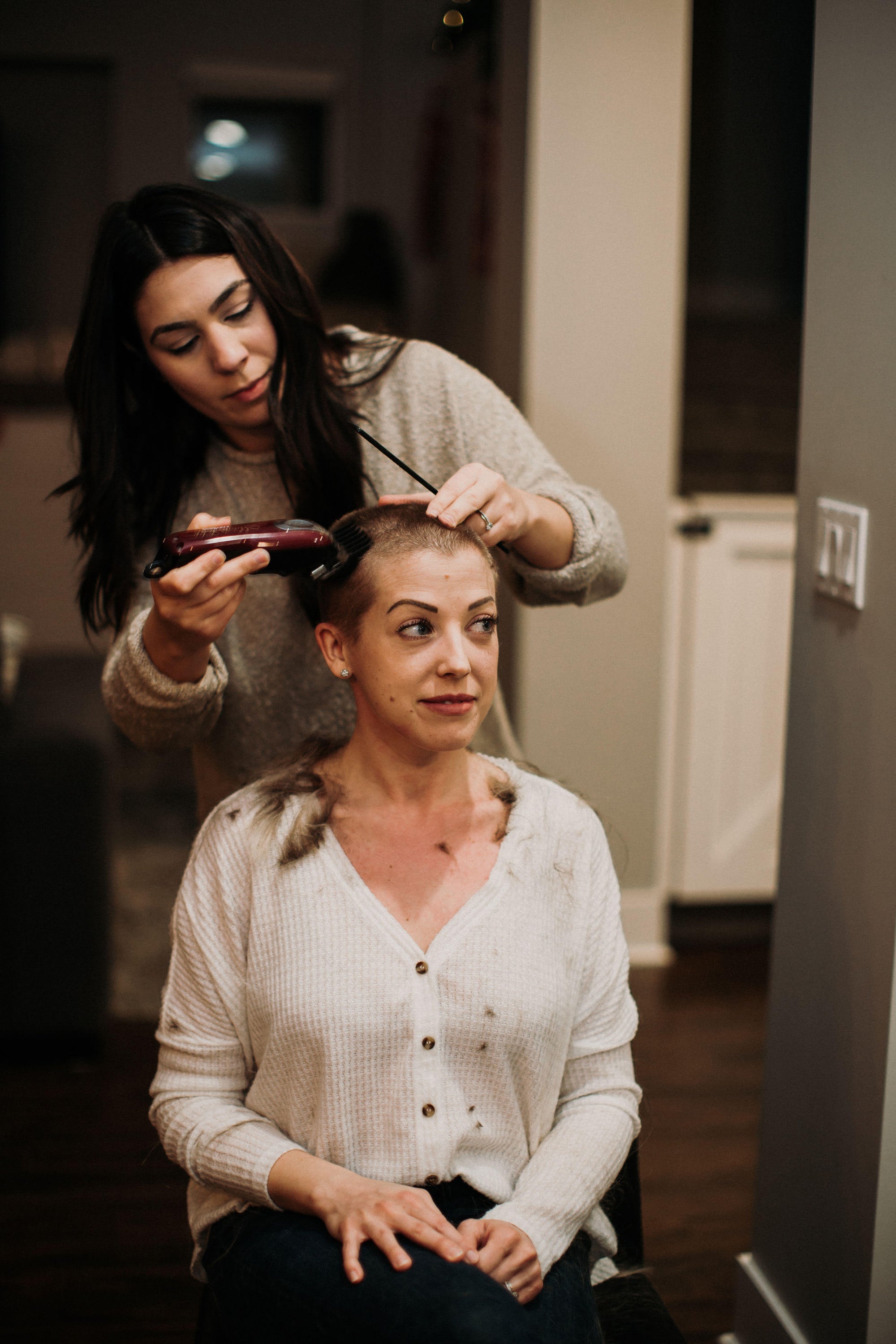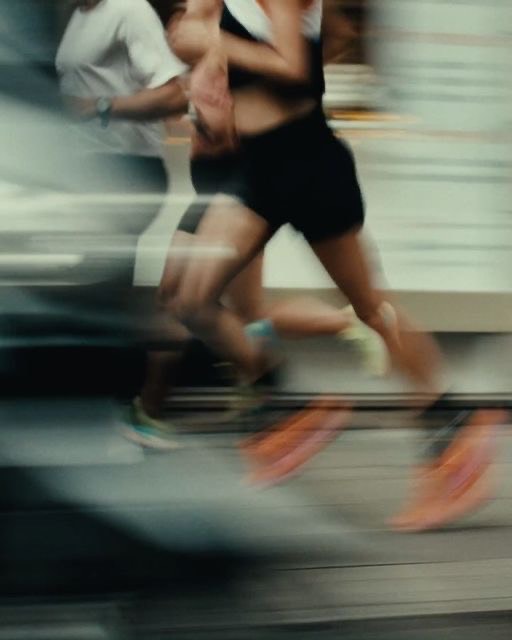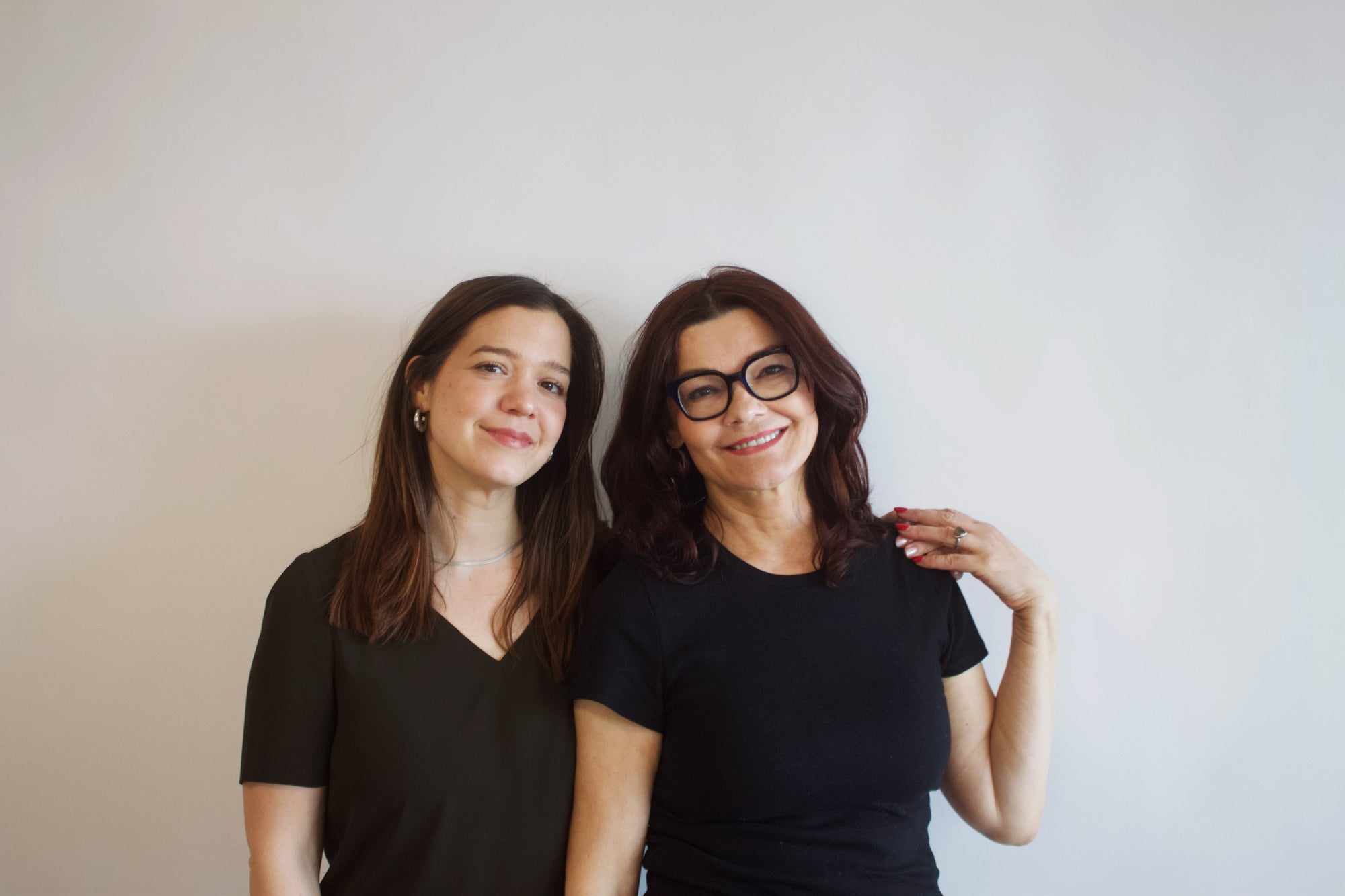Words by: Breanne Jordan
For me, the process of diagnosis was jarring. When I found a lump in my breast my doctor reassured me that it was almost certainly a clogged duct (seeing as I had stopped breastfeeding about six months prior) and I should go for an ultrasound to confirm.
Initially, I was reassured by this, until I got an ultrasound date, which was an eight-week wait. My lump was changing so thankfully I was able to push to get in earlier. When I went for my ultrasound, I was sure that it was going to confirm what my doctor had suspected.
Unfortunately, as soon as the ultrasound technician began to examine me, it became readily apparent that it was not a clogged duct. They were able to squeeze me in for a biopsy of the mass. By 8:00 PM that same day, my doctor called me with the results—it was cancer.
That night was the worst night of my life. It felt like my world was closing in around me; it was as if I had been handed a death sentence. All I could think about was that I wasn’t going to get to see my 18-month-old baby grow up. All I could think about was what I was going to lose. Breast cancer was supposed to happen to older women, not a 35-year-old.

Breast cancer was supposed to happen to older women, not a 35-year-old.
Telling family and friends was incredibly hard. During those first few days/weeks, I was still processing what was happening to me. I was scared. Even the thought of the people I love being scared or sad about the news of my diagnosis felt like it would break me.
After telling my husband, I think the first person I told was my aunt, a 23-year breast cancer survivor. She didn’t get upset or scared for me, she listened. She told me how unfair it was and that I was going to beat this. That was exactly what I needed to hear.
Next, I called my mom and my best friend. Neither of them got emotional, they listened to me; they asked me what they could do for me andI asked them to pass the news along to a few other friends and family members. As much as I wanted to tell those people myself, I couldn’t emotionally do so at that moment.
I could barely handle my own feelings, let alone anyone else’s. For me, I felt like it would be easier to have someone else tell others in my life so that they could have their emotional reactions and process the news, without me having to take that emotional load on myself.
The key to supporting someone who has received a cancer diagnosis, is to follow their lead. To listen and not inundate them with questions that they may not have the answers to yet. To simply ask, “what can I do to support you?” They may not know or feel comfortable asking. If they don’t know, follow up with them and offer suggestions.
One of the early obstacles that I (and also my husband) had to overcome, was allowing people to help us. Luckily, we have a huge group of people that figured out what we needed when we had no idea.

The key to supporting someone who has received a cancer diagnosis, is to follow their lead.
One of the most important factors of “getting through” cancer treatment for me was finding my “cancer-fighting dream team.” When you get diagnosed with cancer, your doctor will typically refer you to an oncologist or a surgical oncologist. I encourage anyone who is diagnosed to research that doctor and, also, to research other doctors as well. It’s so important to find doctors that you connect with and who you feel supported and heard by.
Cancer treatment is hard and long and having doctors that you trust is so important.
When I began chemotherapy, the hardest part was losing my hair. That’s when I knew I would look sick. I was scared that people would treat me differently or feel sorry for me. All I wanted was to be “normal.”
Shopping for a wig was scary and hard too. Good quality wigs are expensive and many survivors I talked to told me that they didn’t wear their wigs because they were so uncomfortable. I felt terrible spending a chunk of money on something I might not wear.
Luckily, I had the pleasure of connecting with a woman who has alopecia and she passed on a lot of knowledge about choosing the right wig. Not all wigs are made for people without any hair. I was able to find a wig that fits comfortably and makes me feel “normal” and inconspicuous again.
Wigs aren’t for everyone but there are so many other options as well. You can buy baseball caps that have hair attached—they’re so comfortable and low maintenance!

Once the oncology visits started, it helped me a lot to bring someone with me to my appointments. It can be overwhelming and it helped to have a second set of ears.
The best thing I did was to start a cancer notebook. I bring it to every appointment. Prior to an appointment, I jot down questions that I have. At the appointment, I go through my list of questions and write down the answers. I make notes on any additional information that my doctors provide, which allows me to reflect and research at home.
Being diagnosed with cancer made me feel as though I had no control over my world, so being an active participant in my treatment plan is incredibly important for my mental health. It’s tricky because Googling can lead you to information and statistics that can increase anxiety, so lucky for me, my best friend took on a lot of this research for me. She was able to sift through the information on the internet and provide me with only the useful bits.
This November, I’ll be one-year post-diagnosis and I cannot believe how far I’ve come, both mentally and physically. I am so much stronger than I was one year ago. My perspective on life has completely shifted.
The small things that used to bother me are now inconsequential. I have a much deeper appreciation for my life and those that I love. I feel like my life is getting back to a more normal place.
One of the biggest hurdles in the beginning was that cancer took over my life. Treatment and appointments, of course, are time-consuming but the hardest part for me was that everyone in my life always wanted to talk about my cancer and, more importantly, they were afraid to talk about their own lives to me. They didn’t want to share their joys and successes because they didn’t want to rub salt in my wound. They didn’t want to share their sadness or frustration because “it’s nothing compared to what you’re going through.” It made me feel isolated as if all I was was my cancer.
They didn’t want to share their joys and successes because they didn’t want to rub salt in my wound. They didn’t want to share their sadness or frustration because “it’s nothing compared to what you’re going through.” It made me feel isolated as if all I was was my cancer.
Over time, I was able to express this to the people in my life and they began to feel comfortable again. Now I can talk to a friend and not even bring up my cancer. We can just be “normal” friends and it feels so good.
And humour! Humour feels so good too, and it’s gotten me through a lot. A fellow survivor once said to me, “The next person that talks about my ‘journey’ better be buying me a ticket to somewhere.” People are so well intentioned when talking to me or “about my journey,” but it can be hard for them to know what the right thing to say is, so I just have to be open to laughing it off sometimes.
Every person with cancer is going to need different and unique things, so listen to them. Their needs will become apparent if you just sit and listen.
Follow Bree @cancerwontstopbree
>


